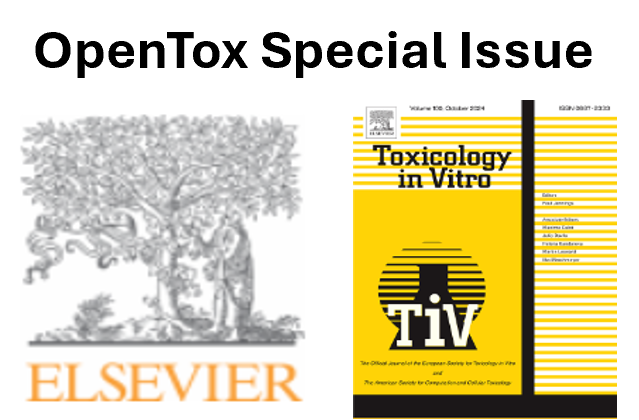Dr. Alessio Gamba is a researcher in computational toxicology at the University of Liège in Belgium, where he is working on the Horizon 2020 ONTOX project to develop Physiological Maps and ontologies. He holds a degree in Biotechnology and a Master’s degree in Functional Genomics and Bioinformatics from the University of Milan in Italy, where he also completed courses in computer science and systems biology, learning various approaches and programming languages used in computational biology.
His international research experience includes work on computational genome-scale metabolism at the University of Madrid, supported by an Erasmus fellowship, as well as studies on metabolic analysis and omics data during a research period at Oxford Brookes University.
During his Ph.D. in Biochemical Sciences at the University of Milan, Dr. Gamba specialized in the biophysical study of protein interactions, collaborating with the Systems Biology Lab at the Mario Negri Institute to explore the connections between protein complexes and genetic diseases. He later joined Dr. Emilio Benfenati’s lab at the Mario Negri Institute, where he focused on computational toxicology and the development of QSAR and PBPK models applied to New Approach Methodologies (NAMs).
Since 2021, Dr. Gamba has been contributing to the ONTOX project, working in Prof. Liesbet Geris’s lab at the University of Liège, where he applies systems biology and physiology-based computational approaches to study chemical toxicities.
Session 2 - Knowledge Graphs and Maps
Knowledge graphs are powerful tools in toxicological research because they enable the integration and visualization of complex, multi-dimensional data from diverse sources, such as chemical properties, biological effects, and environmental exposure data. By organizing these data points into structured relationships, knowledge graphs facilitate the identification of hidden patterns, correlations, and mechanistic insights that are often difficult to detect with traditional databases. This interconnected information is essential for developing predictive models in toxicology and risk assessment, as it allows scientists to represent and reason about biological processes and chemical interactions in a more comprehensive and biologically meaningful way. Knowledge graphs support data-driven decision-making and improve model accuracy by connecting relevant data in real-time, making them invaluable for assessing chemical safety, understanding toxicity pathways, and informing regulatory and public health decisions.
In this session, we will present the ontology developed in the ONTOX project as an example of a knowledge graph. This ontology extends the Physiological Map, a graphical representation of pathways associated with specific physiological processes. The ontology and related Adverse Outcome Pathways (AOPs) are developed in parallel, guiding the creation of predictive models. Among these, we will focus on Physiologically-Based Pharmacokinetic (PBPK) models, demonstrating their implementation and application in next-generation risk assessment.

